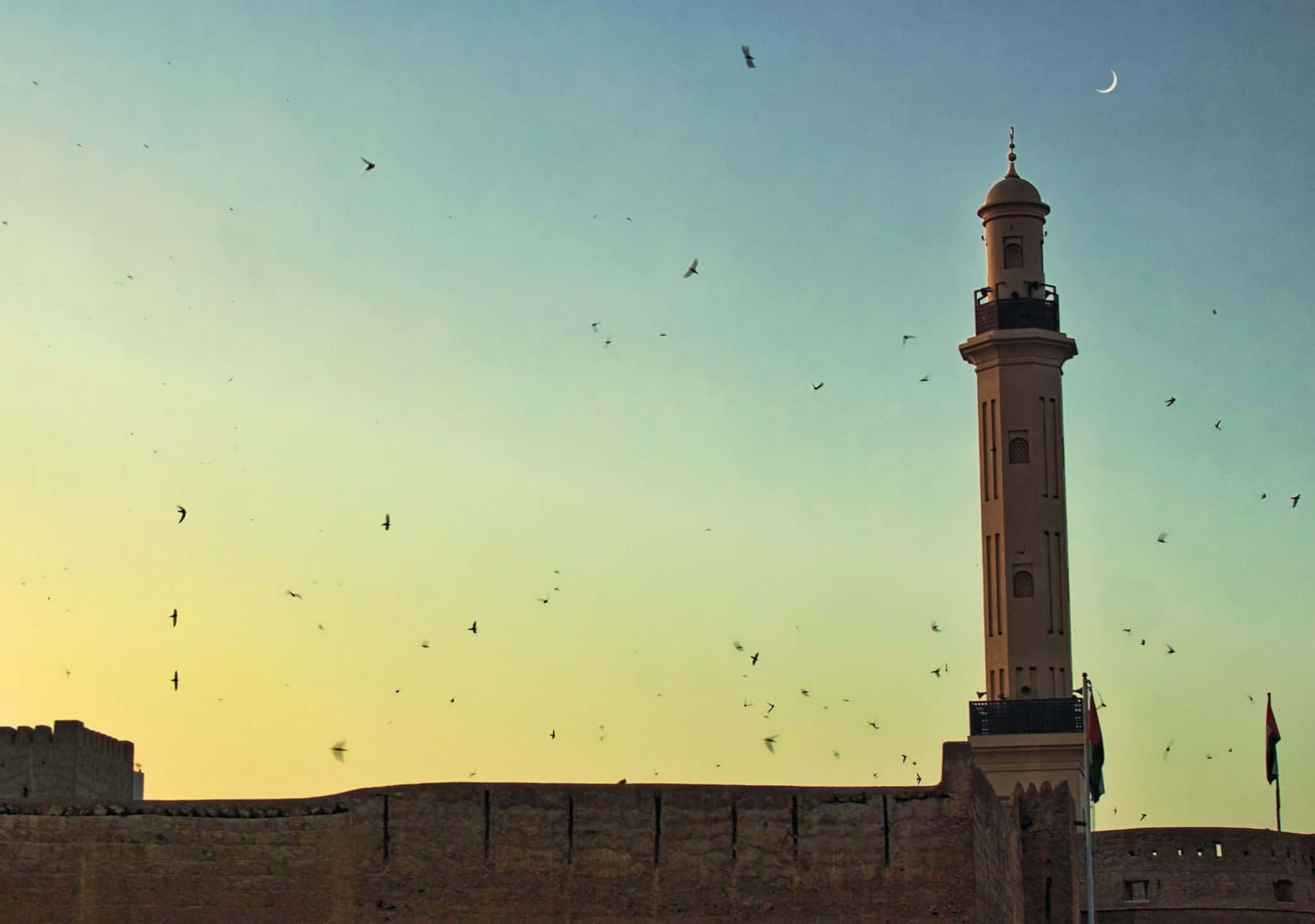How Your Kid’s Eidi Could Fund their University Fees | IFG

4 min read
Published:
Updated:

Ibrahim Khan
Co-founder
Your kids are likely awash with Eidi post-Eid – probably more so than most years as everyone has been extra-nice to them due to it being COVID!
But what should they be doing with that money?
One oft-overlooked option is to start saving for university. It is a major expenditure for every parent – especially if you decide to avoid student loans.
Now at this point I know you may be thinking “Uni costs £30k these days and my kid only got £50 eidi – Ibrahim has completely gone mad.” Just bear with me.
In this article I show you how its just about possible – with a bit of luck.
(N.B. For the non-Asians – “eidi” is a cash gift relatives give to the kids in their family. Asian parents usually become “trustees” of this money for their children. Ahem.)
Why not just use a student loan?
We have previously written on this topic (see here) and, in brief, our view is that student loans should be avoided except where going to university really makes sense for that student and they really can’t financially afford it and have properly considered other ways of financing university before resorting to a student loan.
Even if you take the approach of respectable scholars like Sh. Haitham Al-Haddad that student loans are Islamically acceptable to go for, I think you’ll agree that, commercially speaking, if you can afford to not have to pay back more than the price of your uni fees, that’s better for your pocket.
This is what this article is about – how to become a savings-ninja and just pay your own way through uni.
How eidi can add up to university fees
University fees these days are around £9000. So the aim is to save up around £27k.
The average kid gets around £500 in gifts/cash when he is born. Then every Eid they probably receive (on average) around £50 per Eid (so that’s £100 over the two Eids).
So if you invested that amount at a 8% annual return (the FTSE has done roughly 10% average annual return over the last 30 years) , where you didn’t withdraw any money for 18 years, you’d end up with around £6.8k.
Now if you decide you will also invest around £25 a month into this pot yourself, that adds up to an extra £300 a year. Over 18 years that is £18,675.
So we’ve already achieved 2-years student fees. Where’s that last year going to be paid from?
Here are a bunch of options:
- You put in an extra £50 per month instead of £25. That gets you to £31k.
- You get your kid to do a job from when they’re able to to make up that difference of £25 per month. Perhaps helping in the family business. Perhaps selling sweets to their friends. The paper round. Working at the supermarket when they’re older. But the younger the better – even if it is a small amount – as you want that money to be working and compounding for as long as possible.
- Buy yourself a small business (Mohsin discusses how to do it here). You can make a significant profit on these within two-three years. This alone could pay for your kids’ uni fees many times over if it goes right. At worst, it’ll be a nice little boost to your monthly salary.
- Get your kid to take a gap year before university and work. They should be able to save up around £12k at least during that year (assuming they continue living with you rent-free).
- Get your kid to take a gap year during uni. They’ll be able to get £12k then instead – possibly significantly more if in their later years of uni.
- Alternatively they could work on evenings and on holidays during university. That can add up to a tremendous amount. Especially if they have some entrepreneurial flair. A Muslim entrepreneur we recently invested in is Ismail Jeilani who managed to make enough in year-two of his degree to pay for the entire degree.
- You could just pay for it yourself at the time assuming you can afford that from your wider savings at that point.
Okay – I’m sold. Where can I invest in a halal way?
In this article we’ve mainly just modelled for investing in the stock market. But you could also explore investing in property via a buy-to-let or a property crowdfunding website if you don’t necessarily have the cash to buy your own buy-to-let independently.
There also a whole series of other options that you can explore too.
Stocks, property and other options – all of these are comparable and easily accessible via our halal investment comparison page. A number, such as WahedInvest, allow you to set up a direct debit monthly and have ready-made portfolios. You can also set up your own portfolio using a tax-efficient investment ISA with Hargreaves Lansdowne.
Given you have an 18-year time horizon, you can probably afford to be a little more aggressive in the first decade or so, to give yourself a chance to make the best returns. That isn’t to say you should bet big on the riskiest thing and hope to become a millionaire. A moderate well-diversified portfolio is usually a good answer for many investment predicaments. But as ever, if in doubt, consult a financial advisor.



